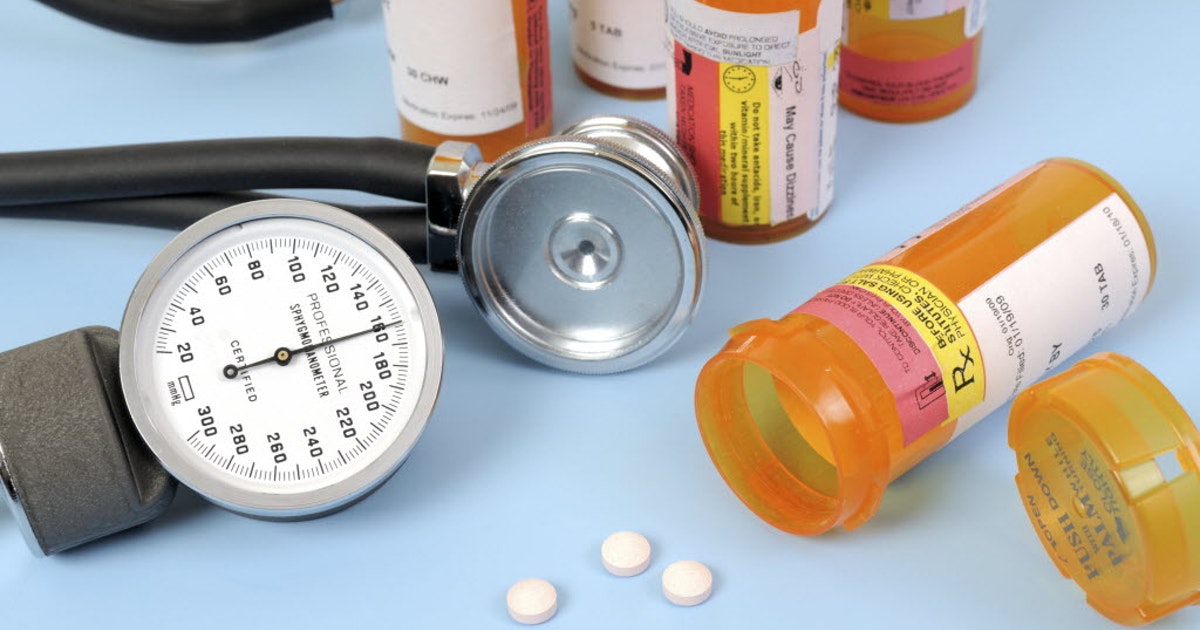Ways To Treat Pulmonary Hypertension
Follow A Healthy Diet

Pulmonary hypertension patients need to be particularly mindful of their nutrition and take steps to follow a healthy diet. To help patients feel better, doctors generally advise them to limit sodium intake and monitor their fluids. A maximum of two thousand milligrams of sodium is advised per day. Fluid intake should be limited to no more than two liters each day, as more than this may cause fluid retention and place added strain on the heart. Some medicines for pulmonary hypertension may cause nausea, which can make it difficult to eat. Unsalted crackers and dry toast can help reduce nauseous feelings.
Patients with this condition will likely be taking blood thinners, and levels of vitamin K, which helps the blood clot, will need to be monitored closely and kept as steady as possible as a result. Low iron levels can exacerbate symptoms of pulmonary hypertension, and patients are advised to eat high-iron foods such as beans, spinach, tofu, lentils, and molasses. All patients should avoid alcohol and caffeine, both of which can stress the heart and increase blood pressure.
Understand more about how pulmonary hypertension can be treated now.
Medications

A variety of tablets, sprays, and injections can help in managing pulmonary hypertension. Anticoagulants (blood thinners) such as warfarin prevent blood clots that can worsen the condition, and calcium channel blockers can reduce blood pressure by relaxing certain arteries. To strengthen the heartbeat, doctors may recommend digoxin, a drug particularly useful for patients who also have heart failure or heart rhythm abnormalities. Diuretics can help reduce fluid retention, and these drugs require regular monitoring with blood tests. Medications such as ambrisentan, bosentan, and macitentan can keep blood pressure down by helping blood vessels remain open. Depending on the severity of pulmonary hypertension, some patients may benefit from oxygen therapy. This can be administered at home through a special machine. Patients will likely be on several medicines at once, and because of this, they should be closely monitored by their doctors. Any side effects should be reported to medical staff, and changes in medication may be possible to reduce unwanted impacts.
Unveil the next method of treating pulmonary hypertension now.
